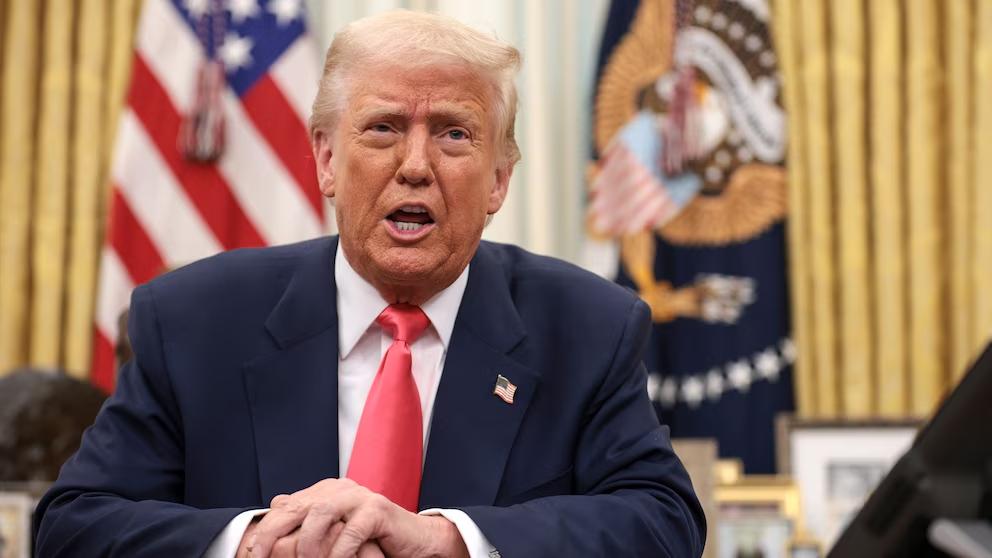In a dramatic turn of trade policy, the United States has decided to pause the implementation of higher tariffs on most countries for 90 days, while simultaneously intensifying economic pressure on China with an aggressive tariff increase.
The move was announced by President Donald Trump just hours after the initial wave of tariffs—targeting imports from over 60 countries—took effect. Countries that refrained from retaliatory actions were spared the steepest penalties, now subject to a “reciprocal baseline” tariff of 10%, according to Trump.
However, China became the outlier. Following Beijing’s announcement of an 84% tariff on US goods, the White House retaliated with an immediate hike, raising tariffs on Chinese imports to a staggering 125%. Trump justified the action by claiming China had “ripped off” the US for too long and must now be held accountable.
The economic response was swift. Earlier in the day, rising interest rates and investor anxiety over a trade war had pushed Treasury yields to 4.5%, their highest level since early last year. But markets rebounded sharply after Trump’s partial reversal—Wall Street saw one of its best sessions in recent years, with gains across all major indexes.
Administration officials downplayed any suggestion that the global market turmoil influenced the decision. Treasury Secretary Scott Bessent insisted the pause was part of a broader negotiation strategy, not a reaction to investor pressure. Yet, critics from both sides of the aisle questioned the consistency and long-term impact of the administration’s trade approach.
In contrast, China’s foreign ministry condemned the increase, accusing Washington of “economic coercion” and warning that escalating tariffs would only deepen the rift between the two powers. Chinese officials reiterated that any resolution would require fairness, reciprocity, and equal footing.
While some allies welcomed the reprieve, economists warned that the root issues remain unresolved. The World Trade Organization projects that if hostilities persist, bilateral trade between the US and China could fall by as much as $466 billion—an outcome that would ripple through global markets for years to come.





